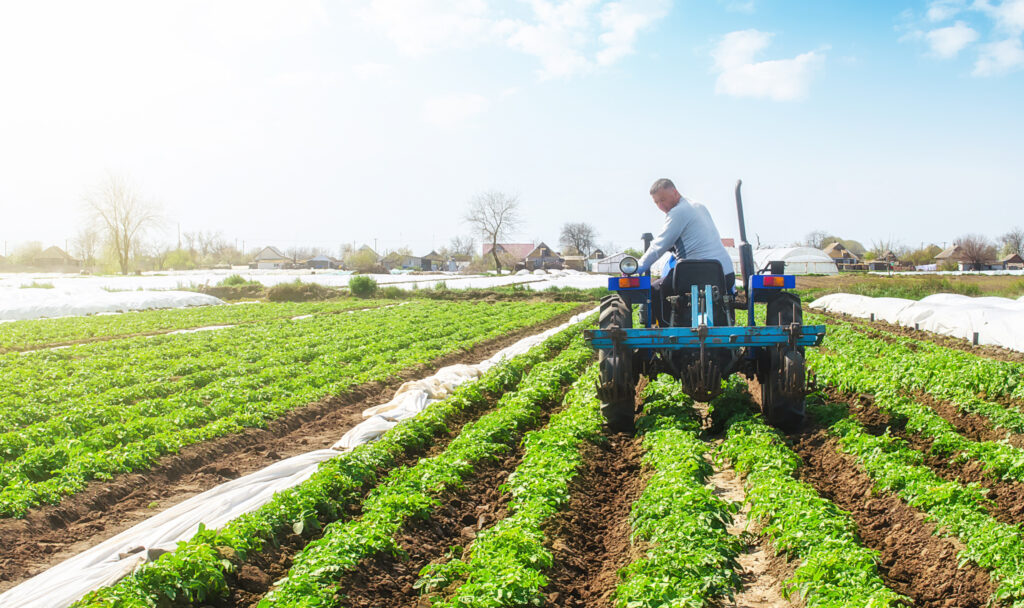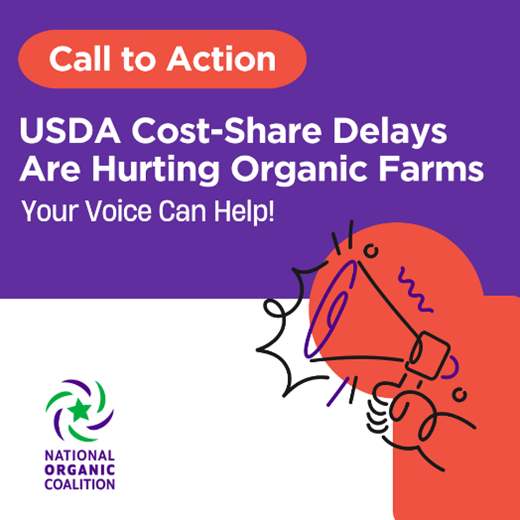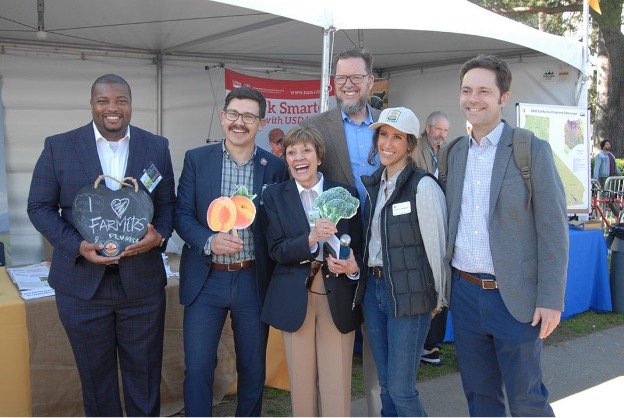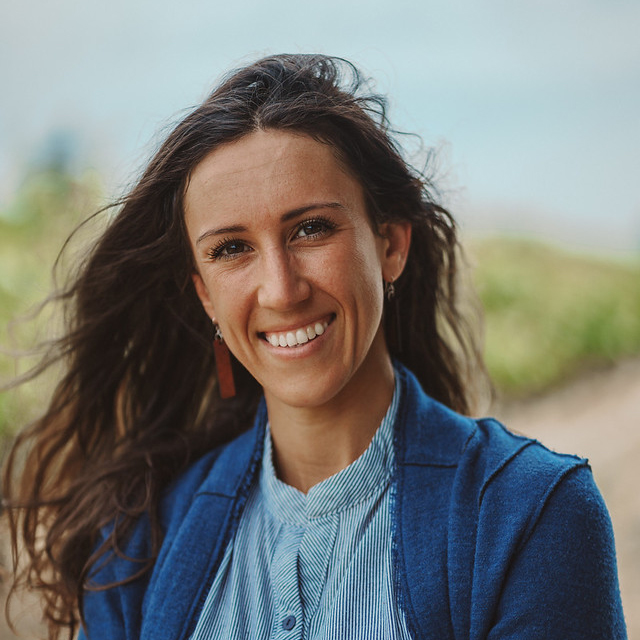
Are You a Regenerative Farmer?
Join the virtual listening session on Wednesday, May 29 at 4:30 p.m. Pacific Time and tell CDFA that regeneration starts with organic.
Tell CDFA That Regeneration Starts With Organic!CCOF, Inc.’s Advocacy Team advances organic agriculture through policy solutions.

What challenges are you facing? Share your concerns with the CCOF Advocacy Team. Together, we can advance policy solutions that meet the needs of organic farms, ranches, and businesses.

Add your voice!

Join the virtual listening session on Wednesday, May 29 at 4:30 p.m. Pacific Time and tell CDFA that regeneration starts with organic.
Tell CDFA That Regeneration Starts With Organic!
Data on how organic sequesters carbon, stimulates local economies, and protects the health of all Californians.
Read the report
Written by: National Organic Coalition Organic farms still haven’t received their 2025 certification…

Call to Action: Support Organic Practices in Water Regulations The California State Water…

Register for our Agritourism Webinar: Thursday, November 20 at 10:00 a.m. PT Join…

CCOF Policy Team with CDFA Secretary Karen Ross, and officials from the CA…

The National Organic Standards Board (NOSB) is now receiving public comment through October…

This week, the California Legislature is poised to pass AB 1207 (Irwin) and…

Policy Director

Policy Director
Rebekah Weber has worked on the intersection of environmental and agricultural policy for nearly a decade. As the policy director at CCOF, she advocates for organic agriculture as part of the solution to protecting public health, restoring the environment, and growing the economy. Prior to joining CCOF, Weber served as an environmental advocate focused on cleaning up Lake Champlain, engaged in farmer outreach as a Fulbright Fellow in Nepal, and worked on agricultural policy for United States Senator Patrick Leahy. She holds a master’s degree in environmental law and policy from Vermont Law School.

Policy Manager

Policy Manager

Senior Policy Advocate

Senior Policy Advocate
| Cookie | Duration | Description |
|---|---|---|
| cookielawinfo-checkbox-analytics | 11 months | This cookie is set by GDPR Cookie Consent plugin. The cookie is used to store the user consent for the cookies in the category "Analytics". |
| cookielawinfo-checkbox-functional | 11 months | The cookie is set by GDPR cookie consent to record the user consent for the cookies in the category "Functional". |
| cookielawinfo-checkbox-necessary | 11 months | This cookie is set by GDPR Cookie Consent plugin. The cookies is used to store the user consent for the cookies in the category "Necessary". |
| cookielawinfo-checkbox-others | 11 months | This cookie is set by GDPR Cookie Consent plugin. The cookie is used to store the user consent for the cookies in the category "Other. |
| cookielawinfo-checkbox-performance | 11 months | This cookie is set by GDPR Cookie Consent plugin. The cookie is used to store the user consent for the cookies in the category "Performance". |
| viewed_cookie_policy | 11 months | The cookie is set by the GDPR Cookie Consent plugin and is used to store whether or not user has consented to the use of cookies. It does not store any personal data. |